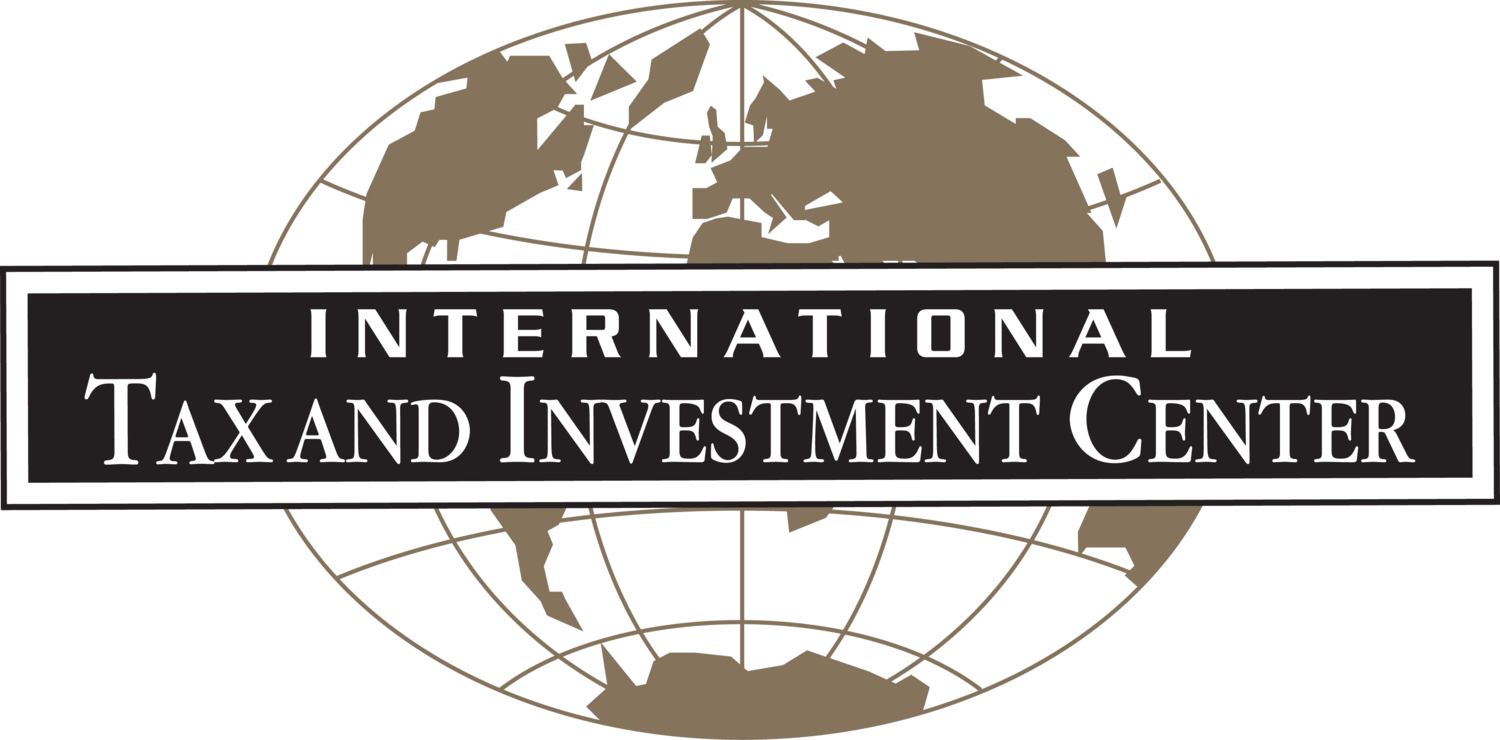In response to numerous media inquiries, the World Bank would like to clarify the following: The World Bank is discussing with the Government of Azerbaijan a set of medium- and long-term measures to move to a new private-sector led growth model and increase the country’s resilience to external shocks, including low oil prices and pressure on the local currency. The Government of Azerbaijan is developing a comprehensive program of structural reforms, and the World Bank, as a long-term development partner of Azerbaijan, stands ready to provide necessary support.
On 2 February 2016, the Ministry of Taxes advised that the Ministry held a meeting on 1 February with a delegation from the World Bank, chaired by Deputy Minister of Taxes Sahir Mammadkhanov, who reviewed the current economic situation and economic development indicators. He noted several positive points despite global difficulties, including the country's macroeconomic stability, the process of modernization of the tax system, improvement in the technological capacity of the tax administration, and progress made in building e-government. World Bank Economist for the South Caucasus Region Shankar Rashmi in turn commented on the need for structural reforms, accelerated diversification into non-oil sectors, modernization and innovation in tax administration, and the potential for tax incentives to stimulate investment.
On 3 February 2016, the IMF issued a press release which concluded that: “Looking ahead, economic growth and balance of payments pressures are likely to remain major challenges for the authorities in the near term. However, the authorities are well placed to overcome these challenges, provided they further strengthen their policy response and given Azerbaijan’s substantial buffers. Policy priorities include formulating and pre-announcing a multi-year fiscal consolidation plan, bolstering the monetary policy framework to support the move to exchange rate flexibility, strengthening the financial sector and supervision, and undertaking structural reforms to make the economy more diverse. In this regard, we support the government’s intention to further reduce public investment to more sustainable levels in 2016, with greater focus on project efficiency. The authorities and IMF staff have agreed to maintain a close policy dialogue and to increase technical assistance support.”
A Presidential Decree for the Promotion of Investment issued on 18 January 2016 established a procedure for "Issuing the Investment Promotion Certificate," according to which the Cabinet of Ministers defines the list of economic spheres, minimum amount of investment, and administrative-territorial units for investments on the basis of proposals made by the Ministry of Economy, and submits certificate recommendations to the President. The decree also stipulates the development mechanism and regulatory and legal instruments related to the promotion of investments, and instructs the Ministry of Taxes and the State Customs Committee to take measures to apply the benefits defined in the Investment Law.
Concerning implementation of the Investment Promotion Decree, the Parliament is to consider the following changes to the
A. Tax Code
- PIT: Exemption from income tax related to annual bank interest income as well as dividends paid by an issuer of investment securities for three years, effective from 1 February 2016. In addition, 50% of the profit of individual entrepreneurs who have obtained the Investment Promotion Certificate (IPC) will be exempt from income tax for seven years.
- Profit Tax: The profit of entities that have obtained an IPC will be exempt from income tax for seven years.
- VAT: Any entity or individual entrepreneur having obtained an IPC will be exempt, for the period of seven years, from VAT upon confirmed import of equipment, technological equipment and devices.
- Property Tax: Any entity or individual entrepreneur that has obtained an IPC is exempt from property tax for seven years.
- Land Tax: Any entity or individual entrepreneur that has obtained an IPC is exempt from land tax for seven years.
B. Customs Law
- Technology and technological equipment imported by entities and individual entrepreneurs engaged in investment activity, as well as by resident entities and individual entrepreneurs of industrial or technology parks conducting scientific research and development, shall be tariff-exempt for seven years.
The fifth annual Baku Tax Conference on 18 January 2016 provided useful insights into the role of tax and investment policy in meeting challenges posed by current market conditions. The general topic of the meeting was “Transparency and Compliance in the Tax System”, with the first part of the conference concerning tax management in Azerbaijan, followed by tax administration and development of communication between taxpayers and tax authorities. Topics addressed included future tax reforms and appropriate tax models; improving controls in the area of compliance; innovative services to increase transparency; criminal tax cases; tax incentives for attracting investment; and tax transparency – the new global reporting standard.
According to official participants, any changes to the Tax Code would be primarily aimed at reducing tax rates and simplifying tax administration; they noted in particular that no excise increase of on imported goods is expected (rates fixed since January 2015).
